Why do coastal container houses get damp inside?
In coastal container homes, when warm, moist air contacts the cold steel walls, it cools down rapidly. This causes the air to release its moisture, forming tiny water droplets on the interior surfaces—a process known as condensation. If this moist air cannot escape, the condensation becomes trapped. This accumulated moisture promotes mold growth, degrades insulation, and can lead to health issues for occupants.
What methods can prevent dampness in coastal container houses?
☆Elevate the Container Off the Ground
The first step to prevent dampness is lifting the container off the moist ground. Many people place it directly on soil to save money, but this leads to trapped moisture underneath, causing rust. Use sturdy concrete blocks or piers to raise the structure. This allows fresh air to circulate beneath the floor, keeping it dry and preventing base rust. Even rainwater will drain more effectively. Elevating the container also lets you easily inspect its underside for early signs of corrosion.
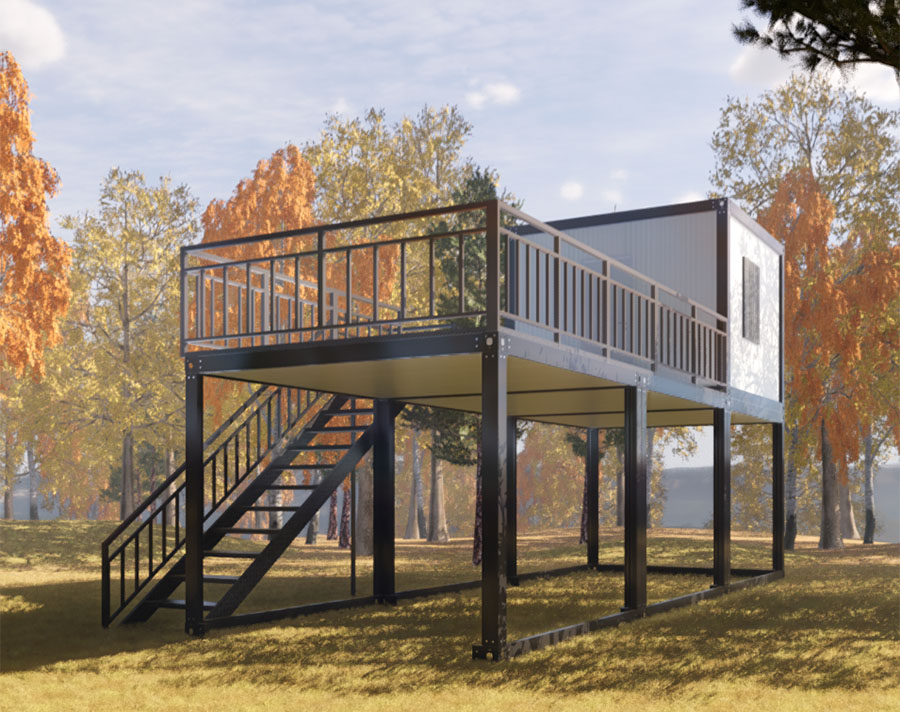
☆Insulate with Closed-Cell Spray Foam
Closed-cell spray foam is the top choice for insulating coastal container walls. It adheres tightly to the metal, creating a robust, waterproof seal. This foam layer prevents warm indoor air from contacting the cold metal walls, thereby stopping condensation from forming. If open-cell foam is used instead, moisture can still accumulate behind it. For superior damp control, always opt for closed-cell foam.
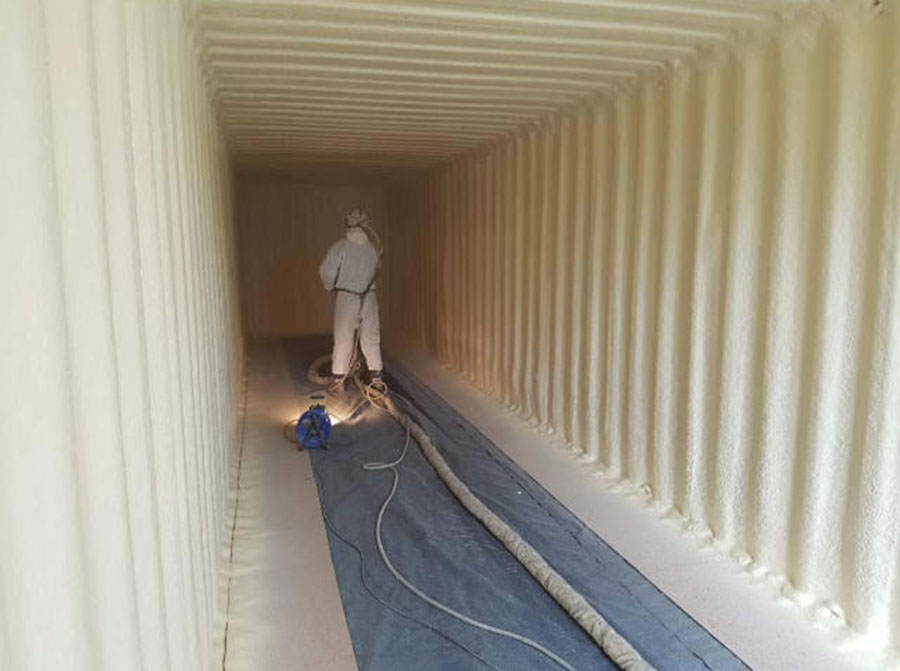
☆Install a Vapor Barrier
Adding a vapor barrier is an excellent extra step after spray foam insulation. Install plastic sheeting or foil roll over the insulation to prevent moisture from seeping behind it. Ensure all seams are thoroughly sealed with tape to eliminate gaps. A properly installed vapor barrier significantly boosts thermal performance. Avoid using carpet plastic film, as it adheres poorly and is difficult to remove later.
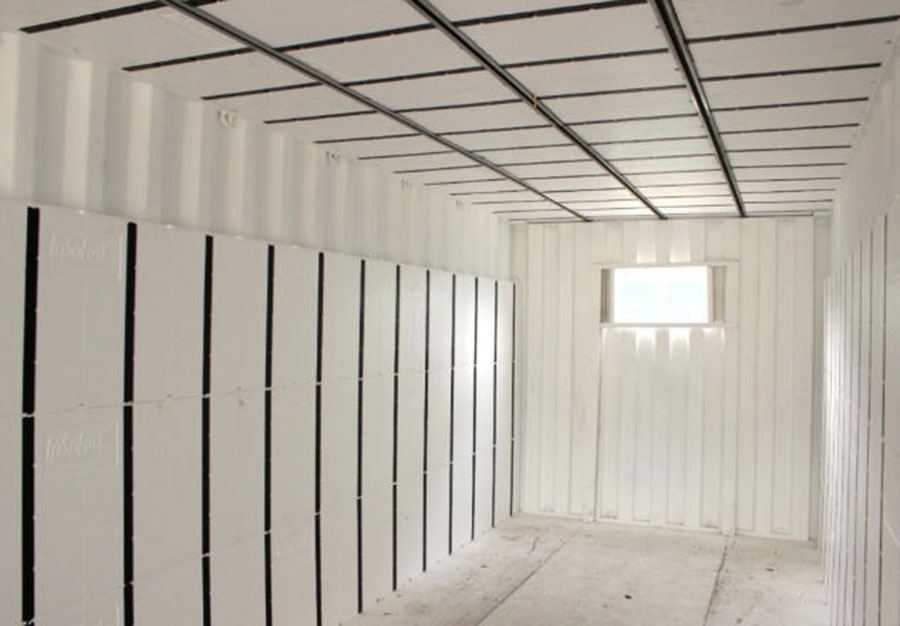
☆Add Vents for Fresh Air Circulation
Install large coastal-grade vents on opposite sides of the container. As a sealed box, it needs these vents to expel stale air and draw in fresh air. This constant circulation reduces trapped, humid air in walls and corners. Use devices like Heat Recovery Ventilators (HRV), Energy Recovery Ventilators (ERV), or exhaust fans to enhance airflow. HRVs are particularly effective in cold climates, as they bring in fresh air without losing indoor heat.
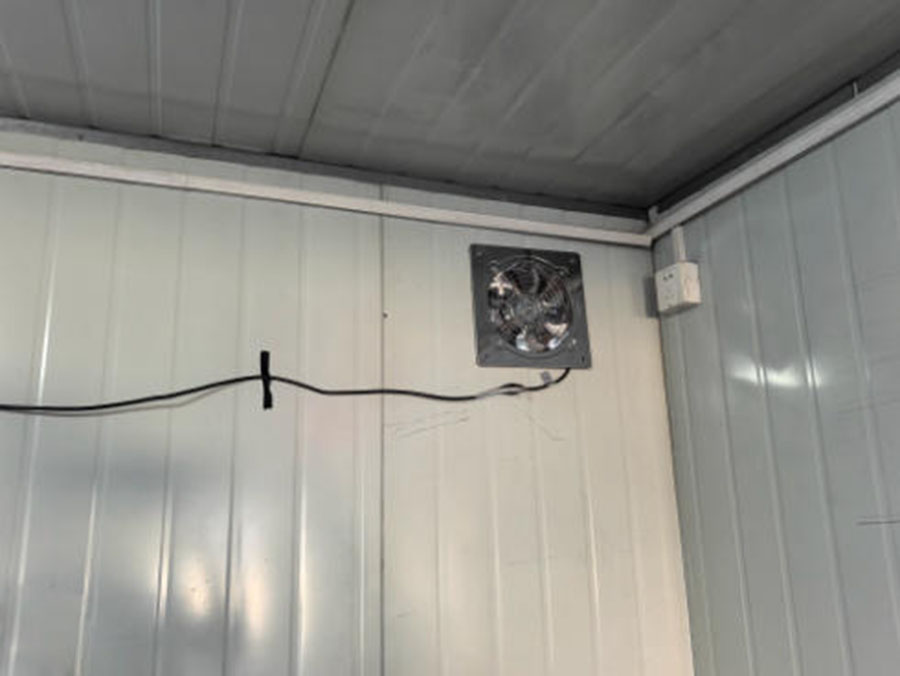
☆Utilize Dehumidifiers and Desiccant Packs
Sometimes, insulation and vents aren't enough, especially during the rainy season in coastal areas. A small electric dehumidifier is essential then. It pulls moisture from the air, keeping the interior dry. Place one or two units in main living areas. For small, enclosed spaces or storage corners, use desiccant packs. These packs absorb moisture slowly, are inexpensive, and easy to replace. Keep dehumidifiers clean for optimal performance and replace desiccant packs regularly to maintain low humidity.
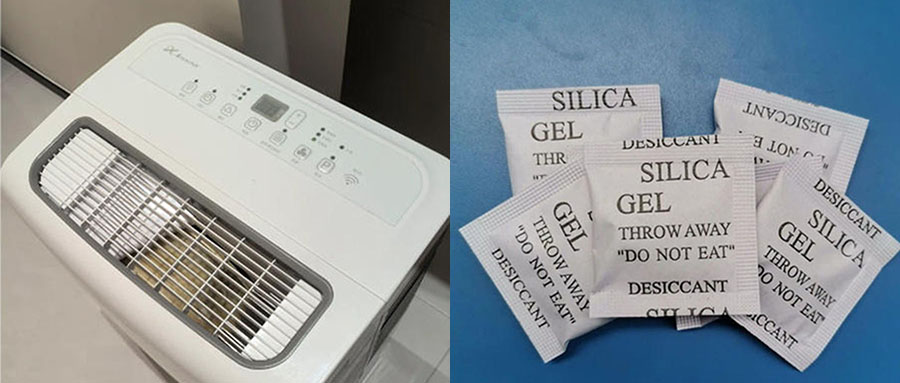
☆Waterproof the Roof
The container roof endures intense sun, heavy rain, and salt spray daily. If the paint cracks, rainwater can pool in small dents and remain stagnant, leading to rust from the top down. One effective measure is to build a sloped roof over the container; even a slight incline helps water run off. Another robust solution is to add a dedicated waterproof roof layer using light-gauge metal, rubber sheeting, or sturdy corrugated panels. This extra layer seals minor cracks and provides lasting protection against rust.
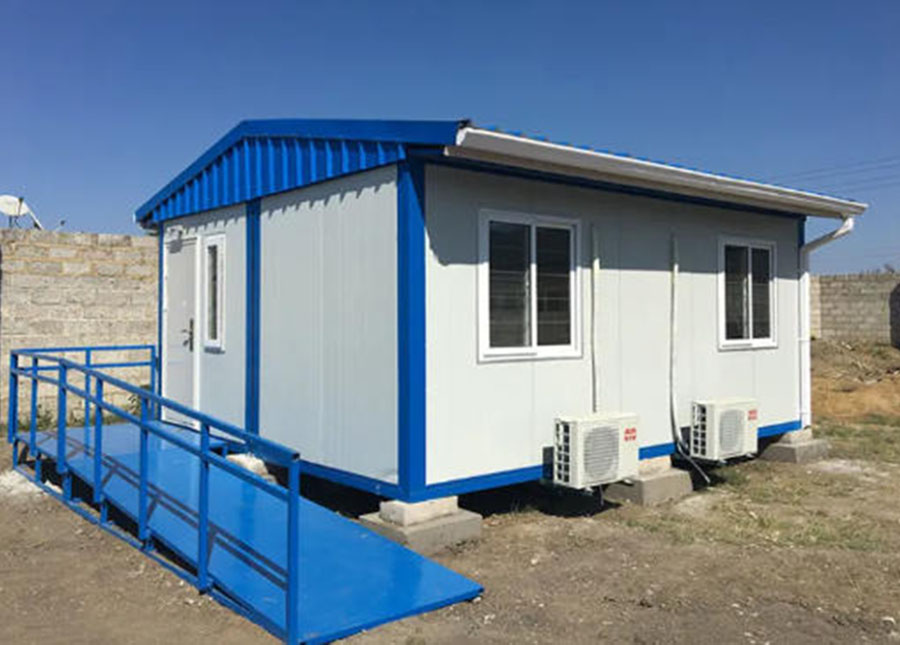
By implementing these targeted strategies, you can effectively manage moisture and prevent condensation in your coastal container house. A proactive approach combining proper insulation, ventilation, and vapor barriers will ensure a durable, healthy, and comfortable living environment, transforming your container house into a resilient long-term home.
fastening. This ensures optimal thermal performance and long-term structural integrity. Properly installed, these panels deliver durable, energy-efficient building envelopes with minimal future maintenance, making them a smart investment.
For more information needed or any inquiry,please feel free to contact Yumisteel team.
years of experience
 online service
online service +86-592-6095031
+86-592-6095031 manager@yumisteel.com
manager@yumisteel.com Alina_Yuki
Alina_Yuki +8613559086380
+8613559086380 +8615860744964
+8615860744964